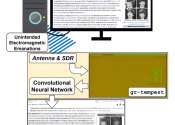An AI system for training dogs
A team of researchers at Colorado State University has designed an AI system to train a dog to obey certain oral commands without human assistance. In their paper uploaded to the arXiv preprint server, the researchers describe ...









